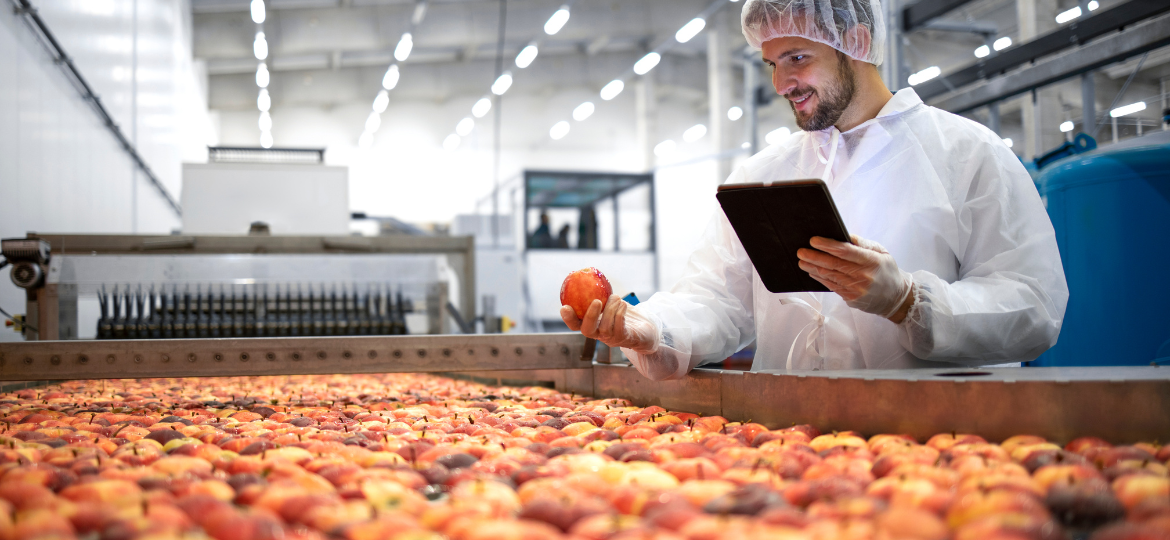
The essential role of water in industry: challenges and solutions
Today, finding an industry that does not operate with water is difficult. This resource is used, to a greater or lesser extent, in all industries, regardless of their purpose. All industrial activity requires water to produce its end products or to support production activities. Whether for the construction of cars, waste management, or food production. However, water consumption changes in quantity and type of water used depending on each industry.
Water use in this sector is so high that it is one of the primary consumers of this resource. The industry’s water volume represents between 10% and 20% of the freshwater withdrawn. That is about 45 liters per person per day on average. The World Bank indicates that, in Europe, up to 26% of water is used in industry. In addition to this consumption, there is the environmental impact, which many companies still cause, of the by-products of their industrial activities, such as discharges and water pollution. Companies are increasingly pressured to adopt more sustainable and responsible water practices.
Apart from being present in cleaning equipment and in the materials used throughout the process, water can also play a role in product treatment, processing, and refining. That is why in Almar Water Solutions, after years of experience and knowledge, we study and work with different industries that require our services for both process water and wastewater.
Although water reuse is already a common practice in many sectors, we strive to make the regeneration and reuse of water in industrial activities an essential tool in reducing consumption and preserving this valuable resource.
The circular economy concept aims to produce goods and services by reducing the use of necessary resources such as raw materials, water, and energy. Technological solutions in water use allow, in addition to its reuse, the recycling and recovery of the final liquid waste when feasible. This means, for the industrial sector, an improvement in its competitiveness by reducing costs associated with water consumption and waste and a significant improvement in reducing the overall environmental impact.
With its implementation, the life cycle of water would be closed, making economic development sustainable. In this sense, we are continuously studying businesses related to water and the environment to contribute to the circular economy and expand our portfolio of sustainable solutions.
Through our Zuluf project, we are fully committed to this model and contribute to the economic and social development of Saudi Arabia. The water treatment plant, with a capacity of 185,000 m3/day, supports water injection for the Zuluf Onshore Oil Facilities project in the Arabian Gulf, employing local workers and contracting regional services supporting local industry.
In addition, our subsidiary, Almar Water Servicios Latam, is able to provide quality water in different ranges and characteristics. With experience in the wine, food, chemical, transportation, and service industries, it is worth mentioning its support to the mining industry, located in arid areas of the planet. Mining is one of the main activities in the economy of some Latin American countries. For this sector, water is a strategic and essential resource for mineral processing.
The challenge of today’s industrial sector is to achieve sustainable development of productive activities. In all of them, using water is fundamental to carrying it out.

